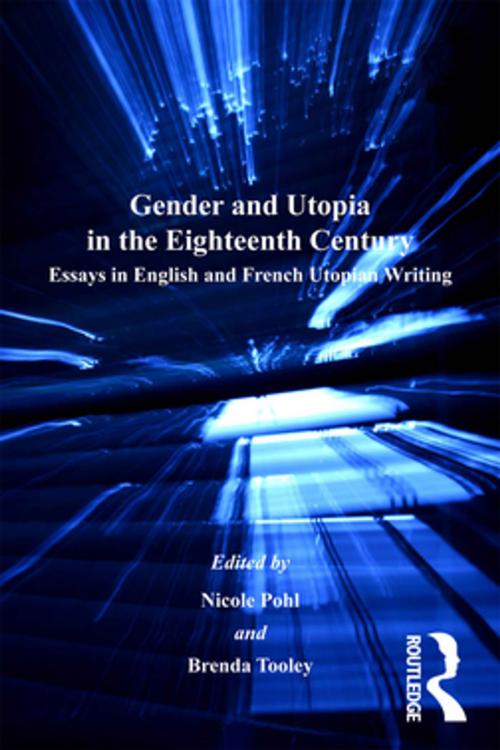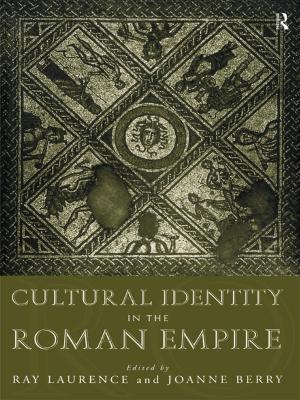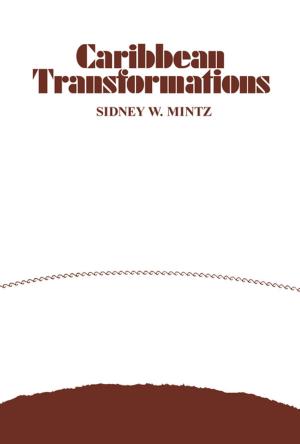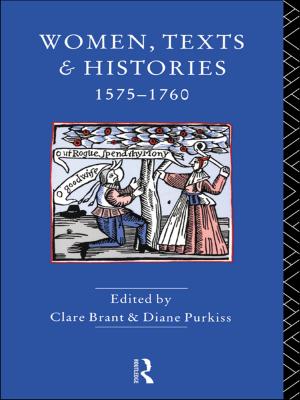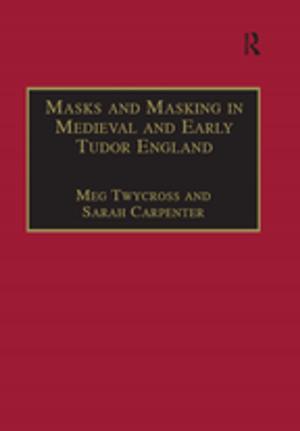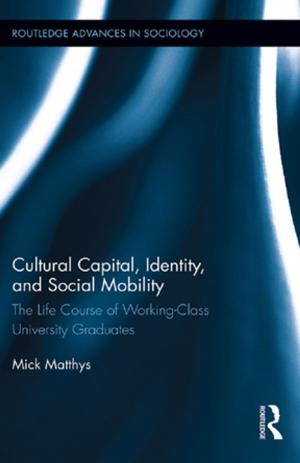Gender and Utopia in the Eighteenth Century
Essays in English and French Utopian Writing
Fiction & Literature, Literary Theory & Criticism| Author: | Brenda Tooley | ISBN: | 9781317130291 |
| Publisher: | Taylor and Francis | Publication: | April 15, 2016 |
| Imprint: | Routledge | Language: | English |
| Author: | Brenda Tooley |
| ISBN: | 9781317130291 |
| Publisher: | Taylor and Francis |
| Publication: | April 15, 2016 |
| Imprint: | Routledge |
| Language: | English |
Focusing on eighteenth-century constructions of symbolic femininity and eighteenth-century women's writing in relation to contemporary utopian discourse, this volume adjusts our understanding of the utopia of the Enlightenment, placing a unique emphasis on colonial utopias. These essays reflect on issues related to specific configurations of utopias and utopianism by considering in detail English and French texts by both women (Sarah Scott, Sarah Fielding, Isabelle de Charrière) and men (Paltock and Montesquieu). The contributors ask the following questions: In the influential discourses of eighteenth-century utopian writing, is there a place for 'woman,' and if so, what (or where) is it? How do 'women' disrupt, confirm, or ground the utopian projects within which these constructs occur? By posing questions about the inscription of gender in the context of eighteenth-century utopian writing, the contributors shed new light on the eighteenth-century legacies that continue to shape contemporary views of social and political progress.
Focusing on eighteenth-century constructions of symbolic femininity and eighteenth-century women's writing in relation to contemporary utopian discourse, this volume adjusts our understanding of the utopia of the Enlightenment, placing a unique emphasis on colonial utopias. These essays reflect on issues related to specific configurations of utopias and utopianism by considering in detail English and French texts by both women (Sarah Scott, Sarah Fielding, Isabelle de Charrière) and men (Paltock and Montesquieu). The contributors ask the following questions: In the influential discourses of eighteenth-century utopian writing, is there a place for 'woman,' and if so, what (or where) is it? How do 'women' disrupt, confirm, or ground the utopian projects within which these constructs occur? By posing questions about the inscription of gender in the context of eighteenth-century utopian writing, the contributors shed new light on the eighteenth-century legacies that continue to shape contemporary views of social and political progress.
